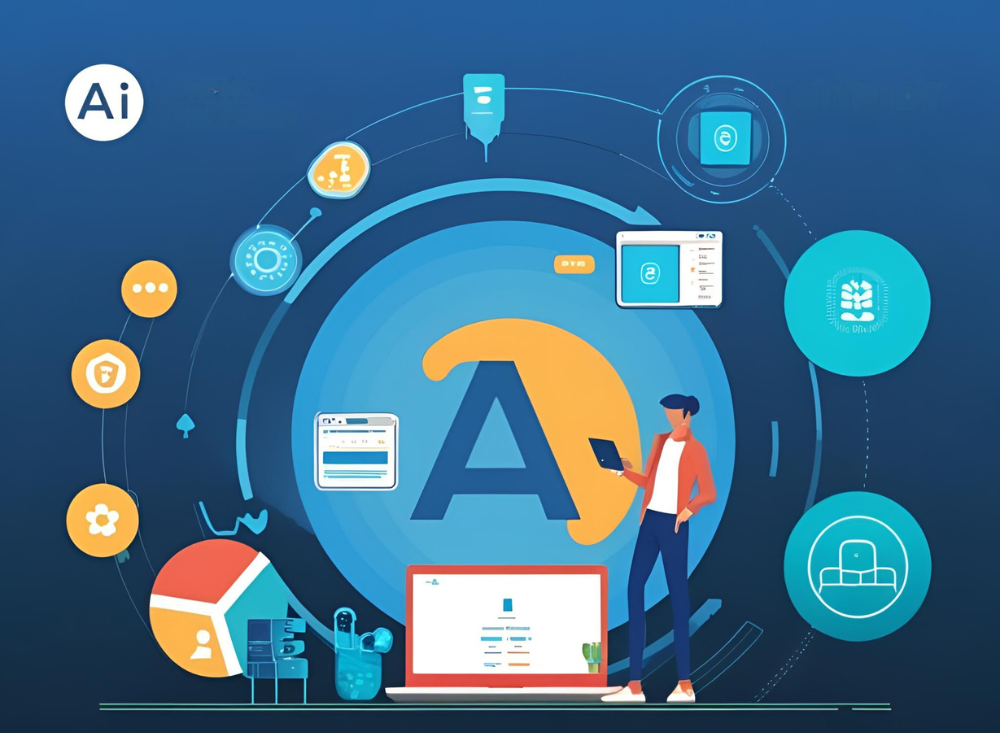
Introduction
In the fast-paced world of software development, APIs play a crucial role in enabling seamless communication between applications. As APIs evolve, ensuring their reliability and efficiency becomes increasingly challenging. Traditional testing methods often fall short in handling the complexities of modern API ecosystems. This is where artificial intelligence (AI) steps in, transforming API testing into a smarter, faster, and more reliable process.
The Role of AI in API Testing
AI-driven API testing leverages machine learning, natural language processing, and automation to enhance the accuracy and efficiency of test cases. By analyzing vast amounts of data and identifying patterns, AI can optimize test coverage and reduce manual efforts. Here’s how AI is revolutionizing API testing:
1.Automated Test Case Generation
AI-powered tools can automatically generate test cases based on API specifications and historical data. This eliminates the need for extensive manual scripting and ensures comprehensive test coverage.
2.Intelligent Anomaly Detection
By continuously monitoring API interactions, AI can identify anomalies and potential failures that might be missed by traditional testing methods. This predictive capability helps in preemptively addressing issues before they impact users.
3.Self-Healing Test Scripts
One of the biggest challenges in API testing is maintaining test scripts as APIs evolve. AI-driven testing frameworks can automatically update and repair test scripts when API endpoints or parameters change, reducing maintenance overhead.
4.Performance and Load Testing
AI can simulate real-world traffic conditions, analyze API response times, and optimize performance testing strategies. This ensures APIs can handle varying loads and function efficiently under different scenarios.
5.Enhanced Security Testing
Cybersecurity threats are a major concern for API reliability. AI can identify vulnerabilities, detect suspicious activities, and suggest security improvements to prevent potential breaches.
The Benefits of AI-Powered API Testing
Speed and Efficiency
AI reduces the time required for API testing by automating repetitive tasks and optimizing test execution. This allows developers to focus on innovation rather than manual testing efforts.
Accuracy and Reliability
Machine learning algorithms can identify patterns and predict potential failures with high accuracy. This minimizes false positives and ensures robust API validation.
Cost Reduction
By automating test case generation, maintenance, and execution, AI significantly lowers the cost associated with manual testing processes.
Scalability
AI-powered testing frameworks can scale effortlessly to accommodate complex API architectures, making them ideal for enterprises with extensive microservices ecosystems.
The Future of AI in API Testing
As AI continues to evolve, its role in API testing will expand further. Advanced AI models will be able to conduct end-to-end API validations, predict future failures, and even suggest performance optimizations in real-time. Companies like Genqe.ai are at the forefront of this revolution, developing intelligent API testing solutions that enhance software quality and reliability.
Conclusion
AI-driven API testing is transforming the way developers validate APIs, making the process smarter, faster, and more reliable. By leveraging automation, machine learning, and intelligent analytics, AI enhances test coverage, reduces manual effort, and ensures robust API performance. As AI technology advances, its integration into API testing will become even more sophisticated, setting new standards for software quality assurance. Organizations embracing AI in API testing are poised to stay ahead in the ever-evolving digital landscape.